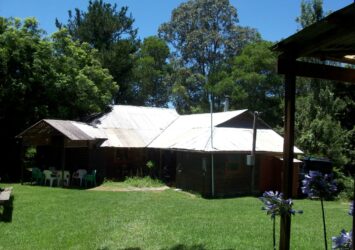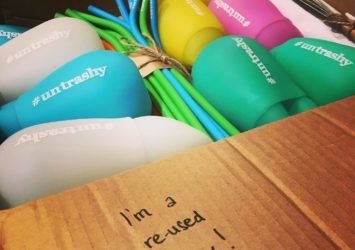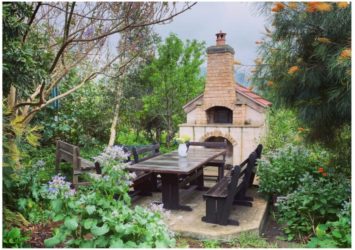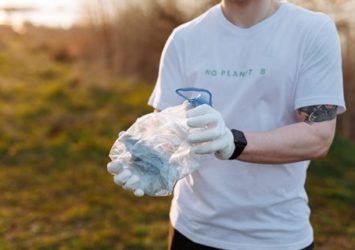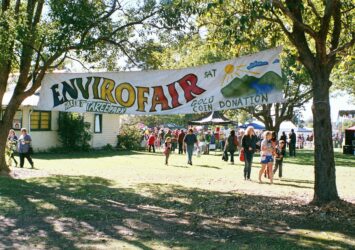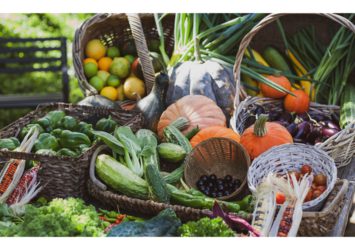"We are taking measures to safeguard our farm and wildlife areas for the future."
The second of a series of stories about sustainable tourism in the Barrington Coast.
Elands farmer Stan Tonkins describes his journey towards sustainable farming practices and wildlife resilience at Tirrintippin Farmstay near Ellenborough Falls.
Sustainable farming
At our Elands farm Tirrintippin, we practice organic and sustainable farming and nature conservation and we ask that visitor activities are in harmony with these goals.
Our focus is on the ‘3 sisters’ system of sustainable agriculture: corn, beans and pumpkin. This polyculture cropping system provides more food and supports more people per hectare compared to single crop monocultures or monoculture mixtures. Together with organic poultry manure as fertiliser, this system proves to be resilient to pests and diseases.
We also provide advice and training to other local farms. Our long-term goal is to successfully share our knowledge of sustainable agriculture through partnerships in a number of developing countries.
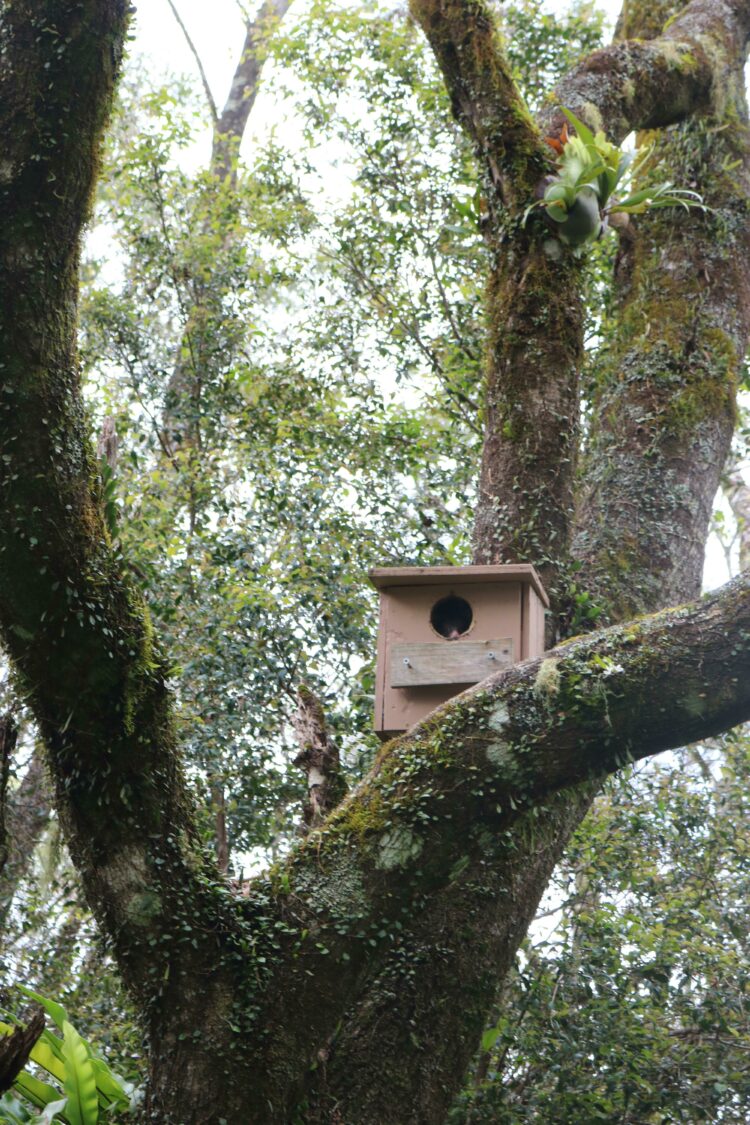
Wildlife habitat resilience
Our journey towards sustainability also includes respect for wildlife and we’re doing some valuable resilience work supporting wildlife habitat.
After the 2019 bushfires we marked a hiking trail and installed some new nest boxes on Tirrintippin. The nest boxes are various designs and made from recycled timber from the farm or sourced locally.
This teamwork involves carrying a ladder and nest boxes into the more remote forested area of the farm and installing them at about 4-6m height.
Last year's boxes are proving successful with new inhabitants this Spring. We were excited to see a baby possum looking at us below from the nest box!
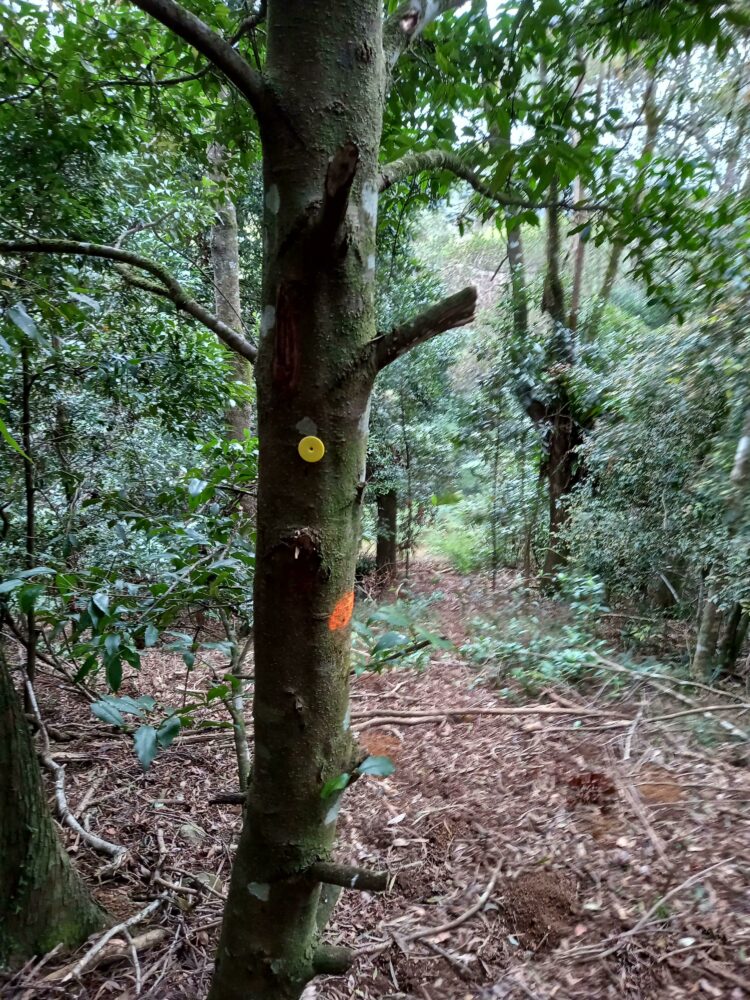
Our personal experience with the 2019 bushfires
I was a driver with the Bulga Plateau RFS during the 2019-20 bushfires and felt firsthand the severity of fires and impact on our mountain village of Elands and the wider surrounding environment.
The fires were intense and unpredictable, our road to Wingham was cut off with the fires and we were without mains power for a fortnight. Our local community wholeheartedly supported the work of the Bulga Plateau Rural Fire Service.
We were patrolling the local area with the RFS truck on 12 hour shifts for over a month and witnessing the devastation on the local forest and wildlife; on one trip we found a single koala on a high tree surrounded by scorched forest.
We placed a bowl of water at the foot of the tree and continued patrolling the scorched landscape, extinguishing spot fires and clearing trails.
Tirrintippin is a working farm and we had a small team of overseas Wwoofers working at the time, it was pre-Covid when these helpful travellers were still available around the country. It was amazing that such a diverse group could support our endeavours to keep the farm safe and be prepared to extinguish spot fires. At the end of my fire patrols I returned weary to a home with a candle on the table, a hearty Austrian meal cooked on a gas stove and was able to recover from the day's hardships and prepare for the next.
Adversity can bring out the strength in a community.
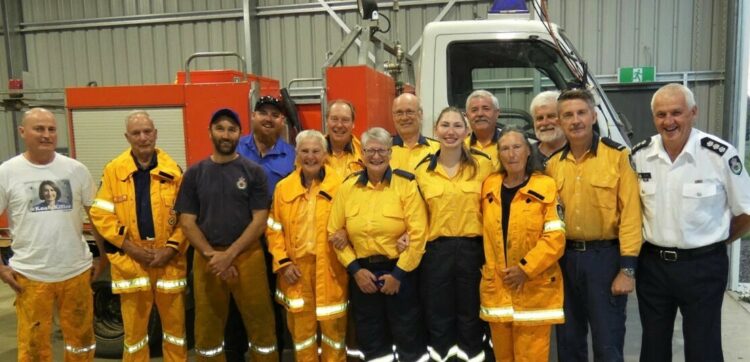
What inspired us to do something
Through providence and support our own farm was left untouched by severe fire as the surrounding area burnt near to its boundaries.
I witnessed the migration of wildlife onto the farm seeking refuge and realised that many aged habitat trees had been lost to the local environment - trees that had provided hollows and protection for decades past.
We were able to obtain a pallet of disused formwork boards and investigated simple effective nest box designs suitable for the range of wildlife that were now seeking habitat.
Nest boxes were constructed over the following months and this wildlife resilience project provided good therapy: it helped us recover from the exhaustion of the rolling disaster of the Black Summer Bushfires and its aftermath.
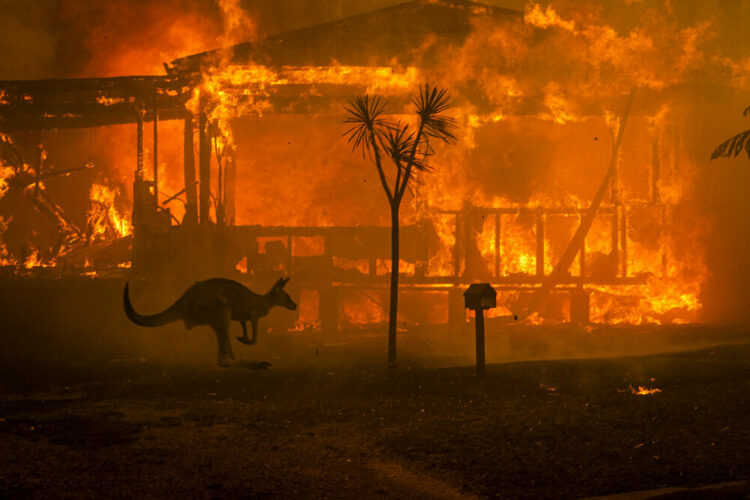
Our hope for what the future looks like
When I look at the extreme bushfire experiences in Europe and North America, and devastating floods in Asia in these recent months, there's a deep understanding that we will need to live and prepare for these environmental disasters in our future.
We are taking measures to safeguard our farm and wildlife areas for the future, particularly for the endangered species we have on the farm and species that were able to save through the bushfires.
We plan to apply strategies that make our home, our farming and our natural habitats more sustainable and safe. We hope by encouraging each of us in making some effort, we may be able to safeguard the land and environment that we cherish.
